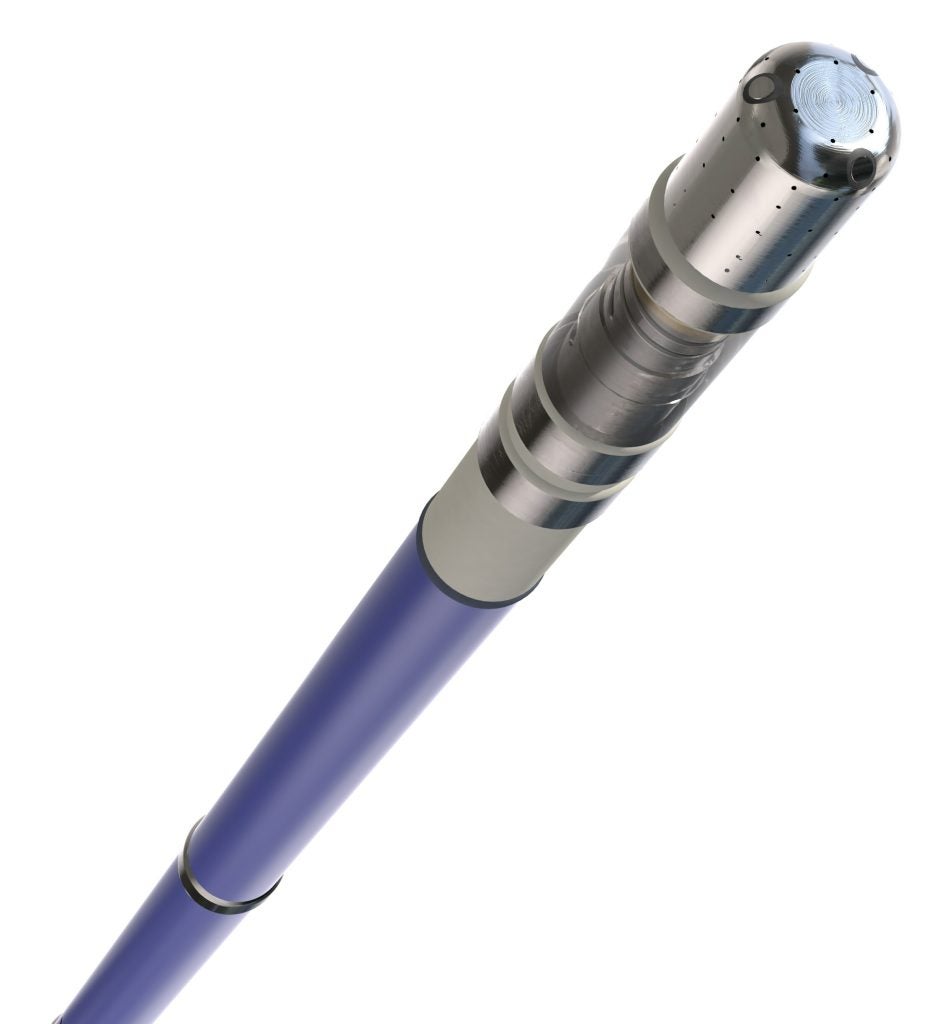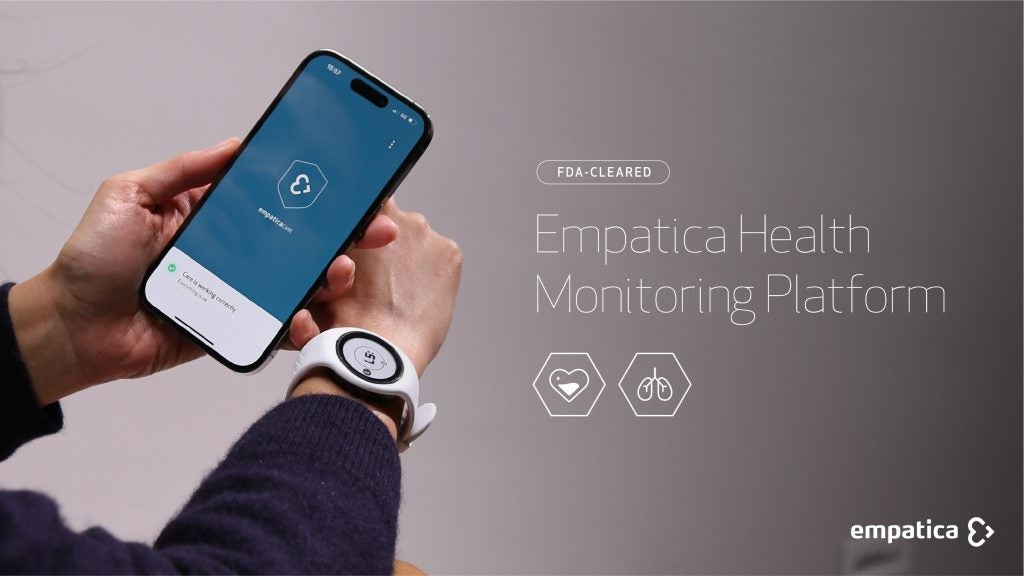An artificial intelligence (AI) platform aimed at developing treatment plans for patients living with prostate cancer has received tentative approval from the American Medical Association (AMA).
US-based Avenda Health has been awarded a category III Current Procedural Terminology (CPT) code for its Unfold AI tool, which uses patient-specific data from prostate imaging and biopsies to generate a cancer probability map.
Category III codes are temporary designations that are used to report on emerging and experimental services and procedures and allow data on the device’s use to be collected and evaluated by the AMA.
The new CPT code, set to be published as part of the January 2024 set, details the device as a non-invasive prostate cancer estimation map, derived from augmentative analysis of image-guided fusion biopsy and pathology.
Brittany Berry-Pusey, co-founder of Avenda, said: “This recognition by the CPT Editorial Panel is a testament to our dedication to providing cutting-edge solutions in the field of cancer diagnosis and treatment.
“The new CPT code solidifies our position as a frontrunner in revolutionizing cancer care and our commitment to making our technology accessible to all patients.”
At present, Unfold AI is involved in one US-centered interventional clinical trial (NCT06047509) alongside Avenda’s as yet unapproved FocalPoint System, which is the third device by the firm intended for use in the indication.
GlobalData’s Pharmaceutical Intelligence Centre forecasts that by 2027 the North American market for prostate cancer will be valued at around $12.6bn. The American Cancer Society has said that it estimates that, so far, 2023 has seen 288,300 new cases of prostate cancer and around 34,700 deaths.
It comes after Avenda announced that it had partnered with the Maryland-based clinic, Urology Associates, to trial the Unfold AI device in procedures and plans to expand it to teaching hospitals across the US.
Spanish software provider Quilbim recently joined with Phillips to launch an AI-based device that uses imaging and reporting solutions to check for prostate cancer.
















